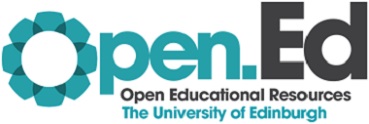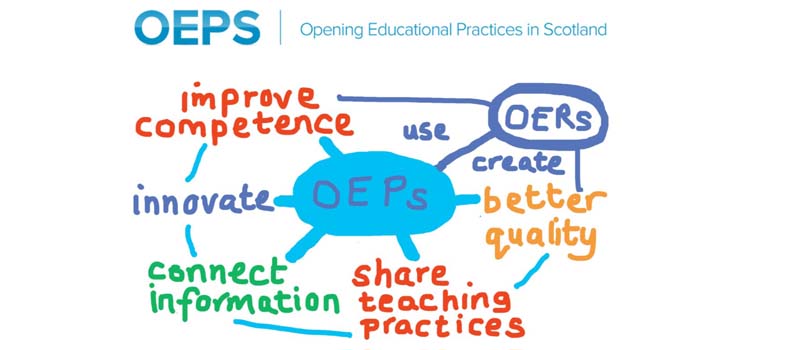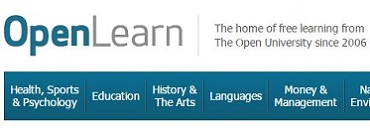3.3 Choosing a resource
The last section gave suggestions for how and where to find content. If you are facilitating learning, looking for inspiration, putting together a reading list, encouraging learners to engage in independent study, rewriting a course or simply looking for inspiration, these factors will influence your choice. You will also be thinking about the type of learners you have, their context and desired learning outcomes.
In addition to sites such as YouTube, that offer both openly licensed and non-openly licensed materials, some websites offer openly available materials that are not openly licensed. For example, the BBC-hosted website BBC Learning [Tip: hold Ctrl and click a link to open it in a new tab. (Hide tip)] has lots of useful resources, and Massive Open Online Courses (MOOCs) from providers such as FutureLearn or MITx provide whole courses that might be useful and which anyone can sign up to. As resources from these sites are not necessarily openly licensed, you will need to check before reusing them.
When you are choosing an open resource, quality might initially be a concern. MOOC platforms and curated content sites are often part of an organisation’s public engagement strategy, and institutions ensure that their courses are developed in accordance with defined quality criteria. Examples include The Open University’s OpenLearn, The University of Edinburgh’s OpenEd and The University of Nottingham’s U Now. These can be good places to start looking for open content. To help other users and provide feedback to the resource’s creator, some platforms enable you to ‘rate’ a resource or comment on it.

Yet what does ‘quality’ mean to you when you’re planning to adapt something to your own context? As David Wiley argues in his post ‘Stop saying “high quality”’, references to quality when discussing OER often ignore the critical point that:
‘…the core issue in determining the quality of any educational resource is the degree to which it supports learning.’
In other words, your choice of a resource will take into account the needs of the learners and relevance to the objectives of the activity, course or learning journey.
Activity 3B
Use your reflective log to list the most important factors for you in choosing an educational resource. What would you describe as a ‘quality’ resource? For example, do you look for resources that have been reviewed positively by others, explain ideas clearly or do you look for material with additional resources, such as a lesson plan or associated activities, etc?
3.2 Where can I find OER?

